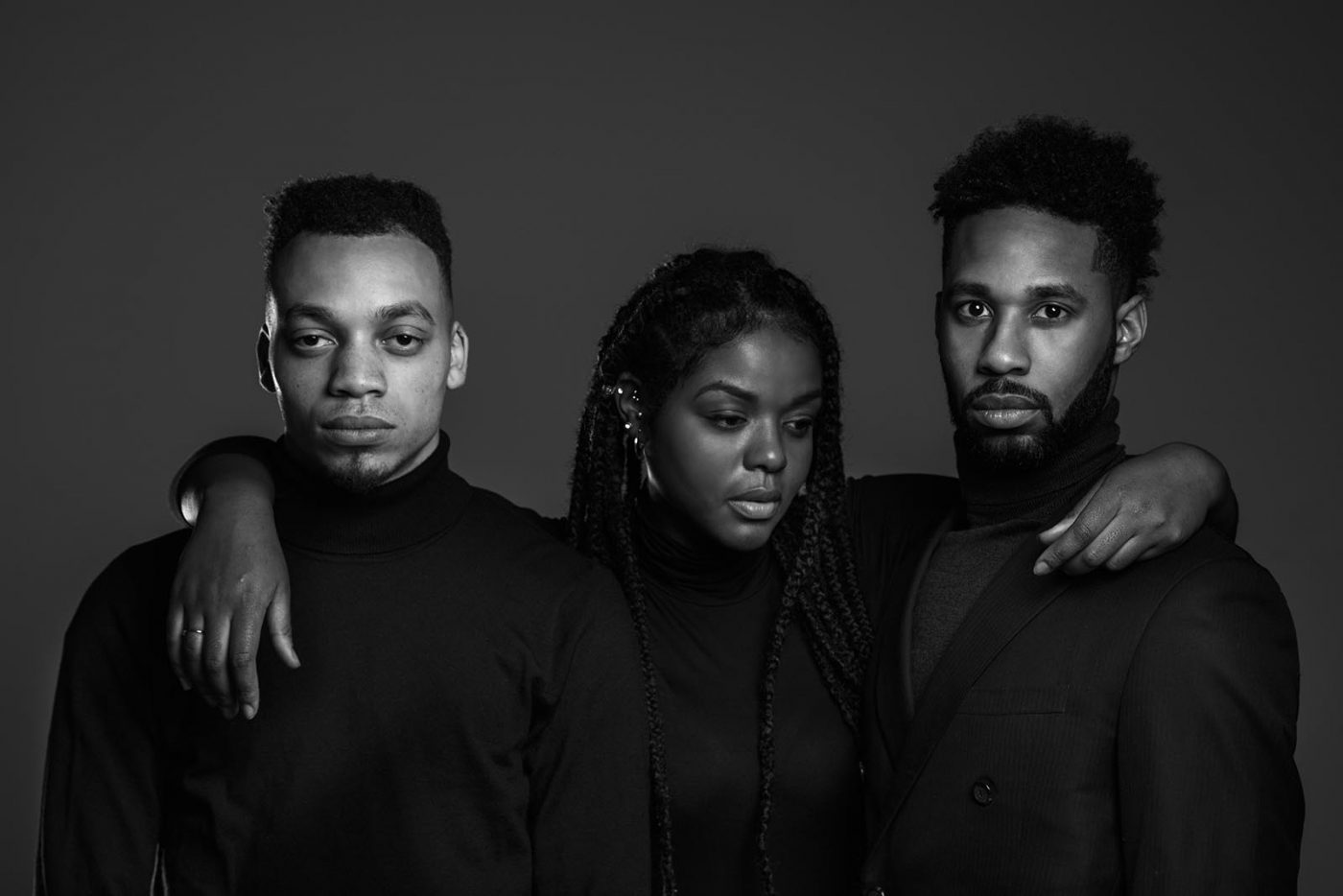
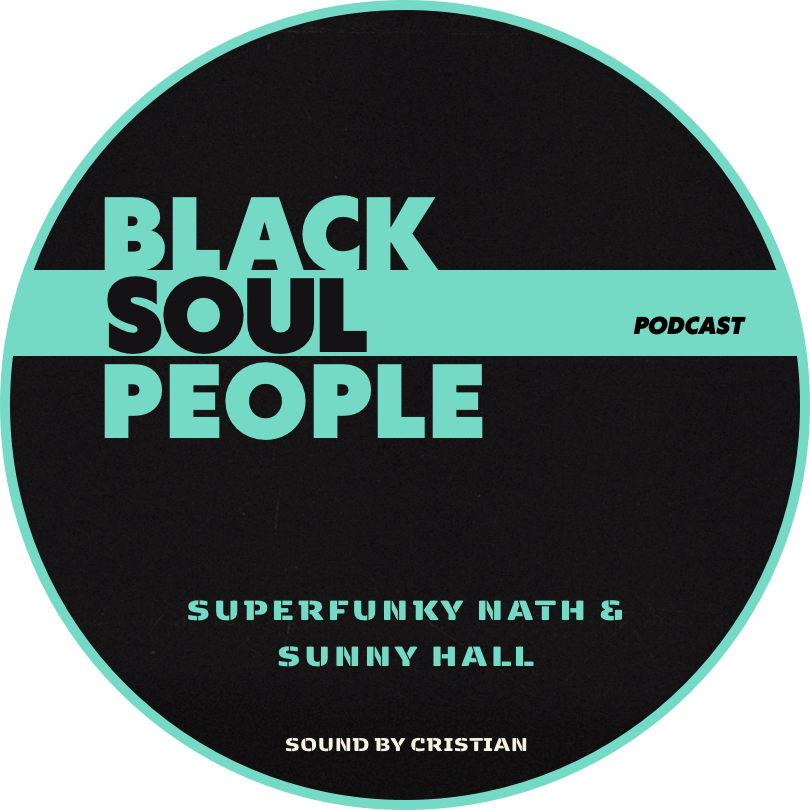
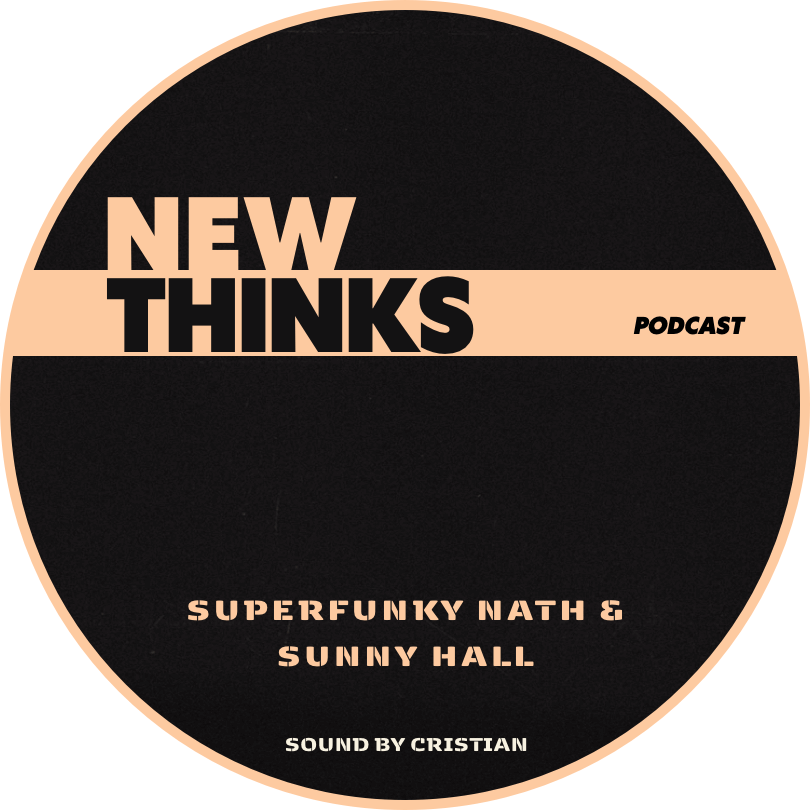
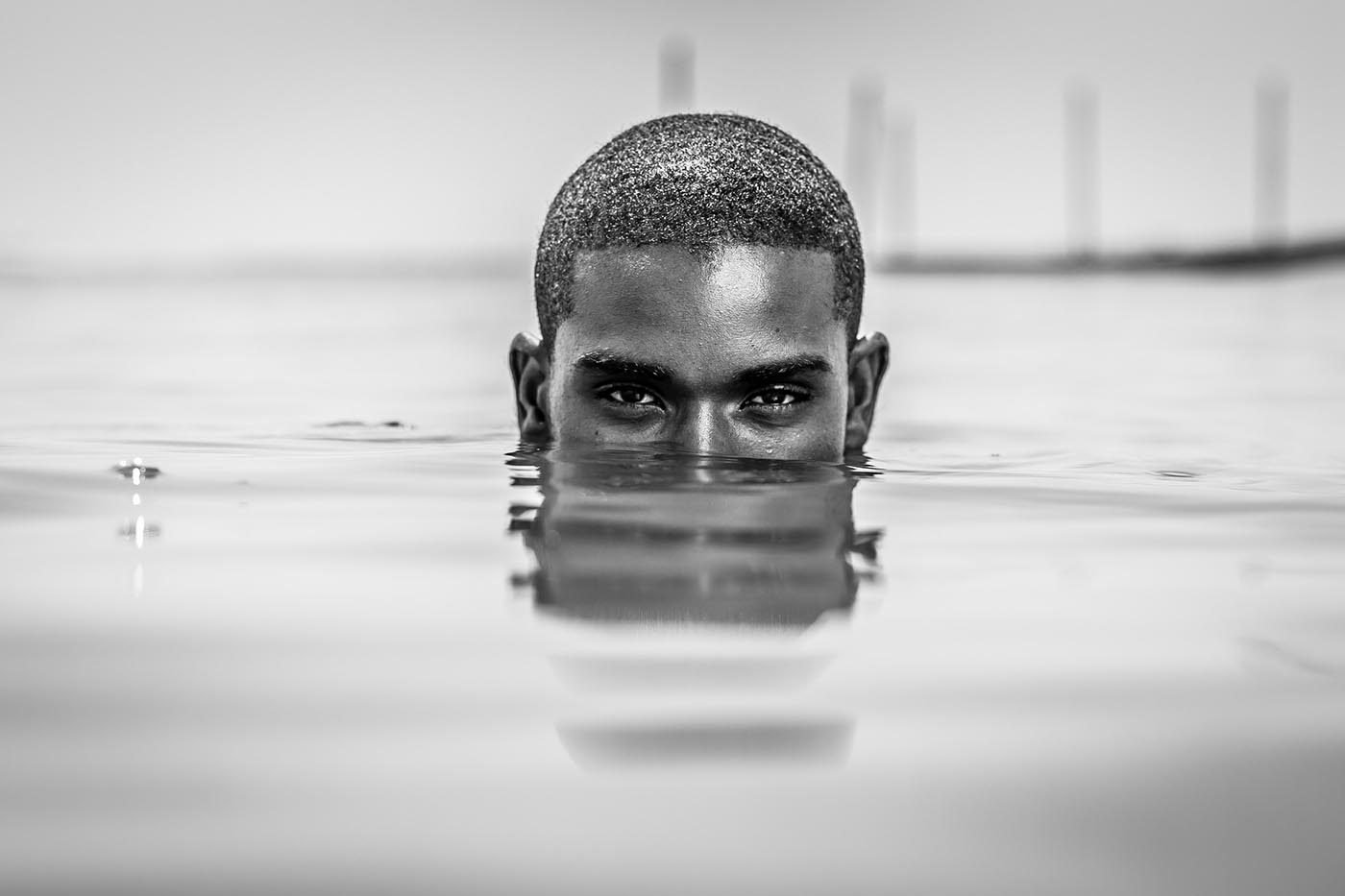

Anthony Lowell Monier was diagnosed as schizophrenic when he was about 21 years of age. He is the baby of the family. He hadn’t reached two years before my grandmother was in a life altering car accident and transported to the state capital for 2 years of rehabilitation and treatment. It was the 1950’s and it was thought that the trauma my uncle suffered as a baby, by not having access to his mother during the first years of his life, was the cause of his mental illness.
He was a high school baseball star and collegiate athlete. Let my father tell it,
he was the favorite of the family and the neighborhood. Tall, good looking and affable. He was a student athlete at Indiana University when he experienced a psychotic break. The family could see that something was wrong when he came home to visit during Thanksgiving and Christmas, but no one knew the cause. At some point, my grandparents, born during the Great Depression of the 1930’s, decided it was time for him to come home. Home is where he stayed for the duration of his life.
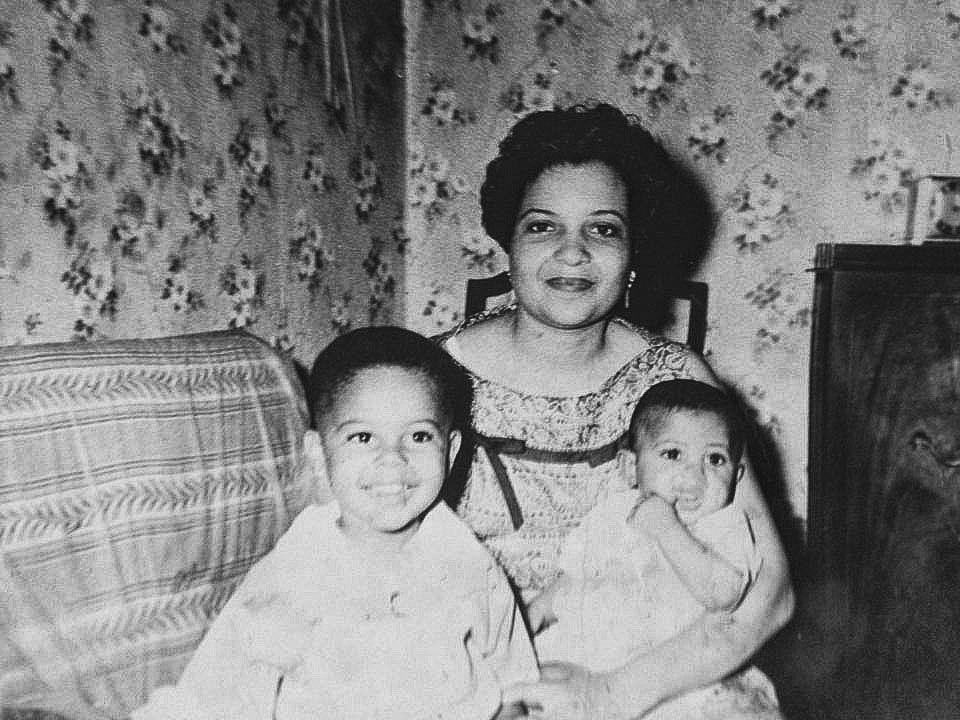
When I was a teenager he would ask me to help him discern the difference between what was real and imagined. He would request me to join him at a living room window and then point to the neighbors watering their lawns and ask, “[A]re they aliens spying on us or are they doing yard work?”
I would calmly explain that they were our neighbors that he’d known all of his life, simply mowing their lawns and raking leaves. If he happened to ask my most mischievous cousin for a guide between the realms of the illusory and factual, Uncle Tony would be beside himself with worry and anxiety because this cousin, in his youthful ignorance enjoyed taunting him. This particular cousin would inevitably put sauce on the situation and tell our uncle that the neighbors were indeed covert extraterrestrials.
As uncle Tony’s health declined and he began to self medicate with cheap alcohol, I would wonder and ask aloud why the adults didn’t do more.
He needed treatment, medication and professional assistance. I thought he should have friends, be with people his own age, have a woman and perhaps a child.
He was eventually put on medication that was designed to block particular brain receptors. Uncle Tony complained that he felt like a zombie. The family agreed that it was best to allow him to forego the medication. My father managed to enroll him into a group therapy session with other men and women with similar mental health issues. Uncle Tony scoffed and said that those other people were really crazy and he was not.


My 70+ Aunt continues to drive from Southfield, Michigan to Gary, Indiana each month to check on her youngest brother, logging 285 miles each way. She’s been doing this for over 3 decades much to the chagrin of her children.
Sometimes she discovers that he’s flooded the basement or the bathroom.
There have been at least two occasions where he has inadvertently set the kitchen on fire. At times he’s lived in the house without water, electricity or heat, in a region where temperatures can plummet to negative 20 degrees below zero Fahrenheit, this is not good. His siblings talk to him on the phone weekly and when he’s feeling up to it, daily. They send him money and make the requisite house repairs regularly. He needs a hip replacement, what’s left of his hair is unkempt and he no longer seems a bit off but now really looks crazy.
Although he is the baby, he appears to be the oldest as he has aged rapidly.
As we continue to have these national and even global conversations about mental health, I can’t help to think about how Black folks around the world handle this issue. In most cases we try to pretend that it doesn’t exist.
For many years, my father refused to accept that Uncle Tony was “crazy”. Even after he was officially diagnosed, my father would beg him to “act right and think straight.”
As this topic continues to proliferate in the Black community, we’ve finally begun to create the space where folks can actually discuss the matter in public. It’s no longer taboo. Friends and family are no longer embarrassed. When I experience humans misbehaving in retail stores, restaurants or at work, my mind wonders silently if they have taken their medication. Celebrities and every day people posture on social media and advocate that we take care of ourselves.
Self-care can run the gamut from tuning out of the daily police brutality reports in the media to actually seeking professional help. In 2016, when it seemed that American police killings were reported at an all time high, I routinely called out from work, citing that I needed to take a mental health day.
In truth, I was in need of some therapy. I braved heart wrenching custody battles between my parents. I’ve been shuffled back and forth between my parent’s and grandparent’s homes from state to state and lived through my father’s drug addictions and my mother’s neglect. I escaped 3 near kidnappings and multiple sexual assault attempts by adults and adolescent male predators. I have dealt with intense and overt racism in which I was physically, socially, academically and professionally targeted. I endured break ups, infidelity, consistent deception, mental abuse, objectification and abandonment from the men who claimed to love me the most. Yet the only time in my life where I sought and received therapy was when my marriage was falling apart – and even that was highly questionable.
I’m currently considering online therapy. I need someone to help me sort through latent pain associated with failed relationships. Living in the real Africa and not the one portrayed in Black Panther’s Wakanda, I want a professional to help me cope with the racial, tribal and gender bias that I navigate on a daily basis.
When companies advertise their remote therapy services they never boast about the ability to alleviate these issues. I question if they have anyone on staff who can legit relate and assist. Therapy is costly and it cuts into my budget for the things I want. What do I sacrifice to receive life affirming therapy? What is sacrificed when I don’t? For most people of African descent, this issue is about acknowledgement, access and affordability.
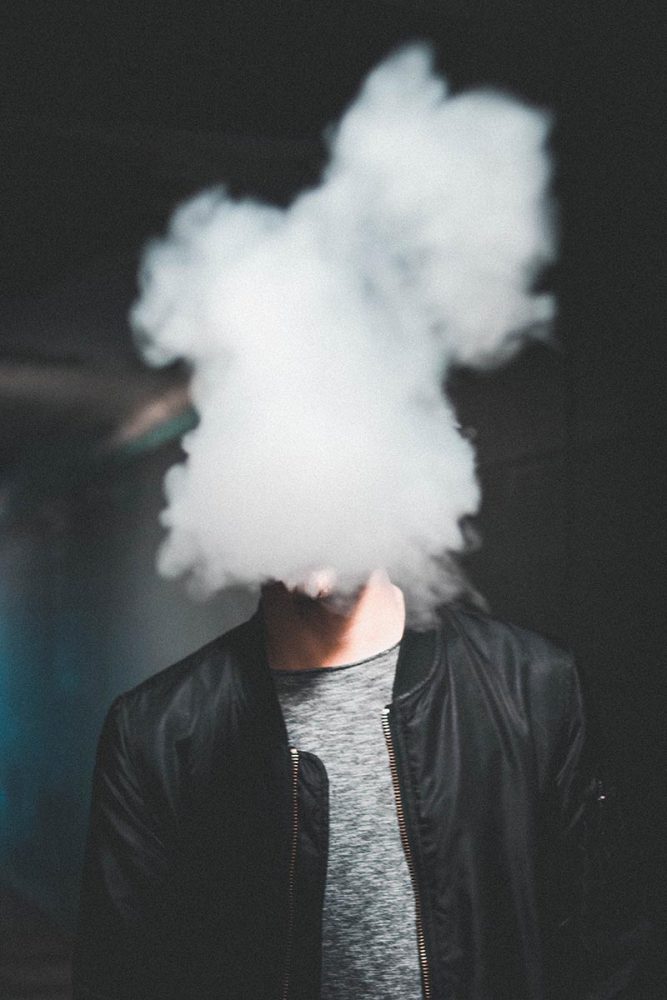

For most people of African descent, this issue is about acknowledgement, access and affordability.

African American women are less likely to seek professional help for mental health issues because of the “strong Black woman syndrome”. This perpetual state of being that prevents Black women from being human – from being vulnerable. We mother our sons and raise our daughters. If you ask for assistance from the state, you’re thought to be a leach on society. If you ask for assistance from your man, you are thought to be weak and not worth the trouble. If you request support at work, you are no longer viewed as a team player.
African American men in particular, are accustomed to seeing the women in their lives, from their grandmothers to their sisters bear the burden of an entire family with zero assistance. When these men marry and their woman complain about work, their domestic workload or basic feelings of stress and dissatisfaction, it often lands on deaf ears. These men wonder why their woman is not as strong as those they have grown accustomed to watching carry the world on their shoulders.
As women, the only source that we can consistently turn to for support is each other and typically we are so battered and bruised, that many times it’s like the blind leading the blind.
I’ve loved two men in my life who confided that they heard voices – haunting and perpetual. One confessed that these voices told him that he was stupid and unworthy while he struggled through his college years. Eventually, he said the voices went away, but during that time he suffered socially and academically. My other love, brilliant and recognized around the world for his academic prowess, drank until the voices in his head ceased to exist. The unacknowledged alcoholism that he used to self medicate, affected his freedom, his money, safety and his career. They were both fearful and ashamed. They both had access and the means to seek professional help – but they didn’t. These situations, beg the question, what needs to happen for us to take the initiative and seek professional help?
In the United States, middle and upper class African Americans have access to quality mental health services. In some counties, help is available for those living at or below the poverty line. I pray for my people. As we continue to deal with daily microaggressions, passive-aggressiveness, systemic discrimination, racism, orchestrated genocide and the spewing hate of #45 and his cronies, how do we cope? Most of the time, we are not aware of the internal discord.
The feelings that rise up inside when you experience hatred, indifference and disregard is energy. Those feelings cause your body to produce chemicals that are designed to fend off predators. Our Black bodies and minds are in constant fight mode – under relentless stress. What do we do with this energy?
When our bodies are perpetually fighting, we eventually become sick, fearful and angry. As a result, we seek medical treatment for the symptoms that ail us. Inevitably, we fall victim to the inequities within the medical system and succumb to pharmaceutical manipulation.
Like with so many things in this time space reality, a shift is happening. As we begin to voice what makes us most uncomfortable, we can provide a supportive space for our concerns to be heard. We can begin to create a cultural and social realm that supports Black women, men, boys and girls in their divine right to be whole and free. I will begin by cleaning my own house. I pledge to get the mental health treatment that I both need and deserve. I will leave the space open to discuss mental health issues in public spaces without judgment.
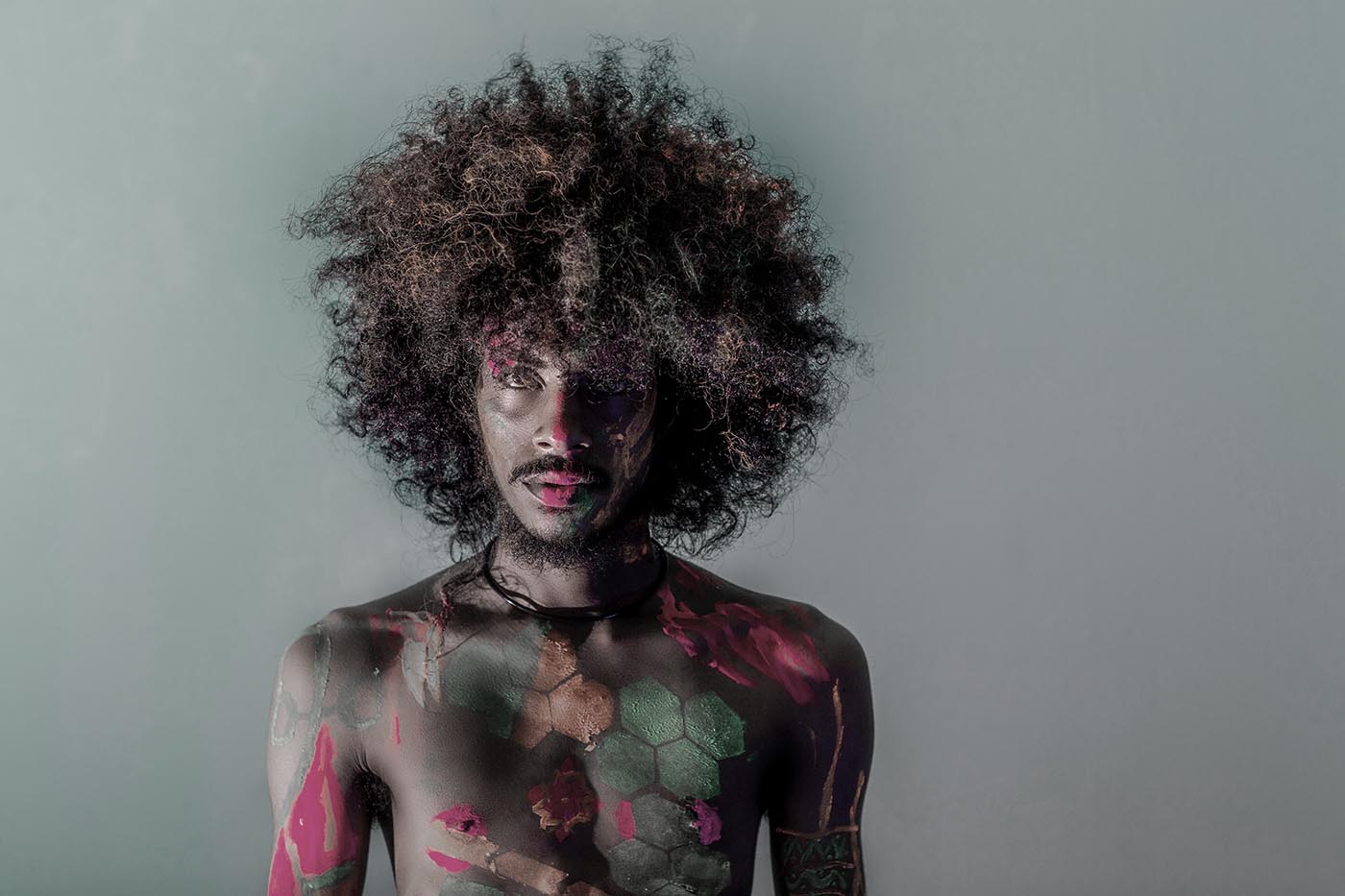

As we begin to voice what makes us most uncomfortable, we can provide a supportive space for our concerns to be heard. We can begin to create a cultural and social realm that supports Black women, men, boys and girls in their divine right to be whole and free.

